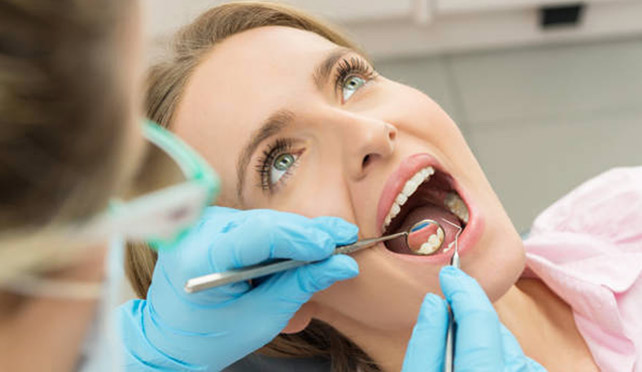We’ve put together the ultimate guide the causes of bad breath.
The top causes of bad breath.
Bad breath otherwise known as halitosis is most commonly caused by food and drinks, smoking or gum disease. Occasionally, it can be related to other health issues such as those affecting the nose or stomach. Bacteria found in the mouth produce sulphur compounds and it’s these sulphur compounds that are responsible for the bad smell.
Bacteria accumulate when dental plaque is not cleaned away properly
and therefore by brushing correctly and cleaning in between the teeth
with floss or dental sticks, this will reduce the risk of gum disease
and bad breath. Sometimes these bacteria are retained on the tongue and
can cause bad breath in those that brush well. The use of a tongue
scrapper can be helpful. There are some mouthrinse on the market that
are formulated to counteract these sulphur compounds such as Ultradex.
Smoking can also cause bad breath. The smoke can linger in the mouth but it also dries out the mouth which will worsen bad breath.
Strong tasting foods such as raw garlic can also cause bad breath.
Having a dry mouth can cause bad breath. Dryness of the mouth
(xerostomia) can be simply related to dehydration or as a side effect of
medications. Occasionally damage to the salivary glands can also lead
to a dry mouth. It can cause discomfort in the mouth, increase the risk
of dental decay and also enhance existing bad breath. Keeping hydrated
is the first step with frequent sips of water. Avoid using mouth rinses
containing alcohol to mask the smell and keep the mouth clean and
healthy by cleaning the whole mouth twice daily.
What to do if I have bad breath.
Identifying what’s causing the tooth wear is the first step to prevent further wear. A full dental assessment can identify the tooth wear pattern and therefore the cause.
Making lifestyle changes to reduce how often you have acidic food and drinks is a simple way that you can take to stop tooth wear. Switching fruit teas to chamomile or mint or putting cucumber in your water bottle instead of lemon. A mouthguard can also be worn to stop the tooth being worn from night-time grinding and reduce stress fractures on the teeth. The use of fluoride toothpastes and Tooth-Mousse can also help.



